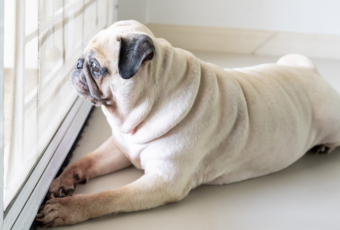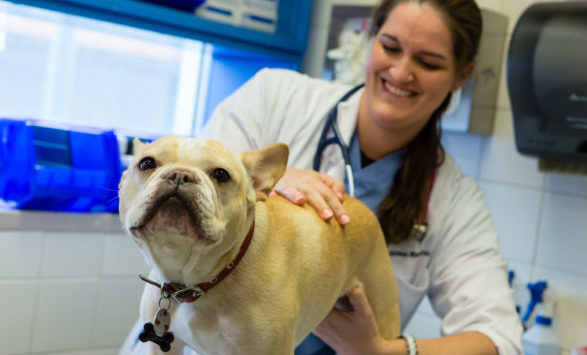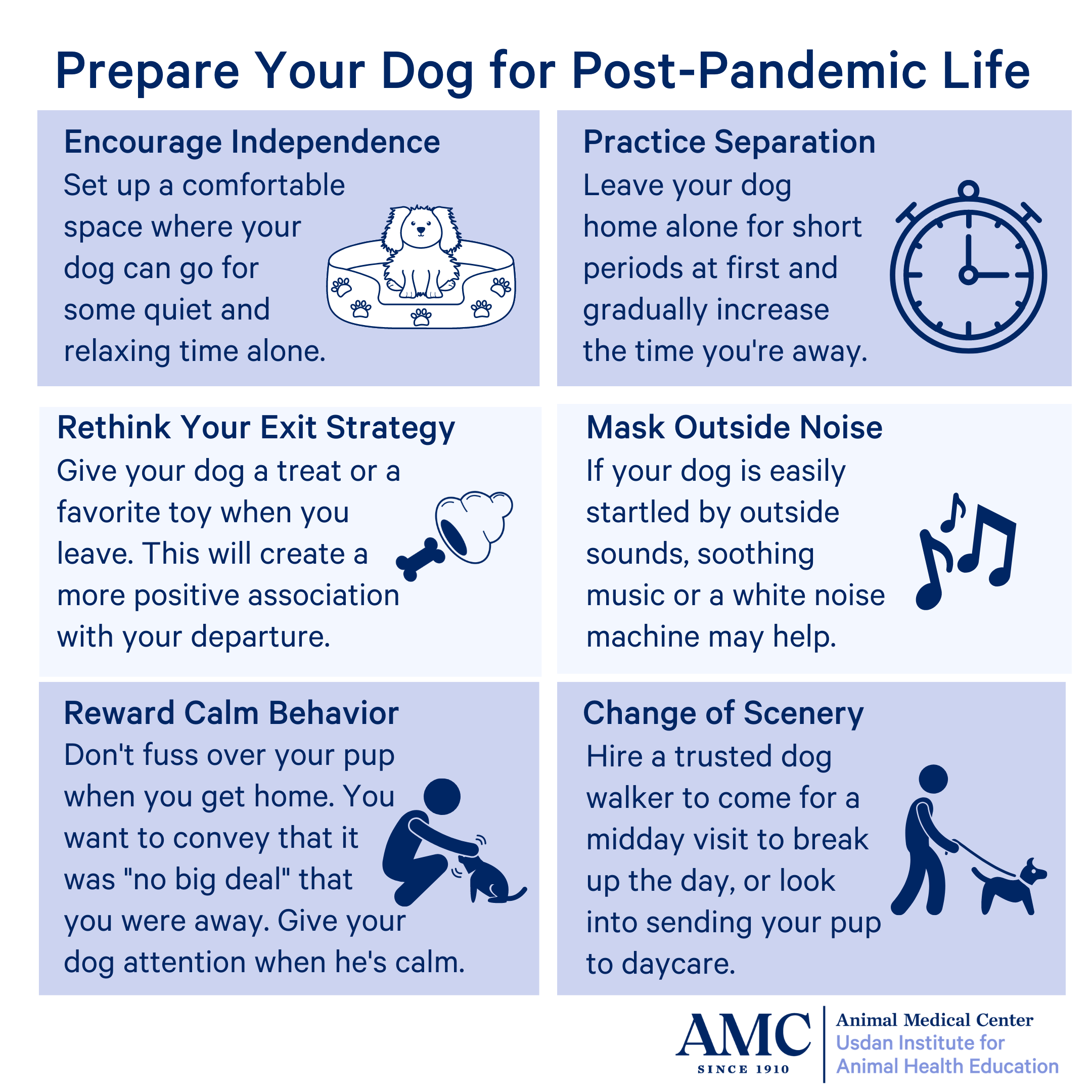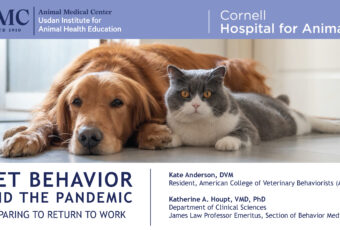Separation Anxiety in Dogs

If there has been one winner during the pandemic, it has been our dogs. Pups across America have been enjoying the constant company of their favorite people — and the extra attention that comes with it. But as workers start returning to the office, some dogs may struggle to adjust to the new routine. Here are 10 ways to help ease the transition.
Practice Separation
Leave your dog home alone for short periods at first and gradually increase the time you’re away.
Establish Your New Routine
If your morning walk will move from 9am to 7am when you return to the office, shift the schedule now, so the change will feel less abrupt when it occurs.
Increase Your Pup’s Exercise
Take your dog for a long walk each morning before you leave, so your pup will spend more time sleeping and less time stressing.
Encourage Independence
Set up a comfortable space where your dog can go for some quiet and relaxing time alone.
Rethink Your Exit Strategy
Give your dog a treat or a favorite toy when you leave to create a positive association with your departure.
Muffle Outside Noise
If your dog is easily startled by outside sounds, soothing music or a white noise machine may help.
Change of Scenery
Hire a trusted dog walker to come for a midday visit or look into sending your pup to daycare.
Reward Calm Behavior
Don’t fuss over your pup when you get home. You want to convey that it was “no big deal” that you were away. Give your dog attention when he’s calm.
Spy on Your Dog
If you’re concerned that your dog may be having trouble adjusting, set up a pet-cam so you can see what your pup is doing while you’re out.
Don’t Wait to Get Help
If your dog shows signs of separation anxiety (e.g. excessive barking, urinating or defecating indoors, destructive chewing), enlist the help of a board-certified veterinary behaviorist or a trainer licensed as a Certified Professional Dog Trainer (CPDT) or in another positive reinforcement training method.
Webinar
During the COVID-19 pandemic, pets have been enjoying the constant company of their owners and the extra attention that comes with it. As more Americans are vaccinated and return to the office, the change in routine is likely to be stressful for some pets and may lead to behavioral issues, especially in dogs and cats.
To help prepare your pet for post-pandemic life, the Animal Medical Center’s Usdan Institute and the Cornell Hospital for Animals teamed up for a webinar entitled “Pet Behavior and the Pandemic.” Cornell behavior specialists Dr. Katherine Houpt and Dr. Kate Anderson, discuss separation anxiety, socialization, and offer suggestions to help ease your pet’s transition to the new normal.
Make an Appointment

































